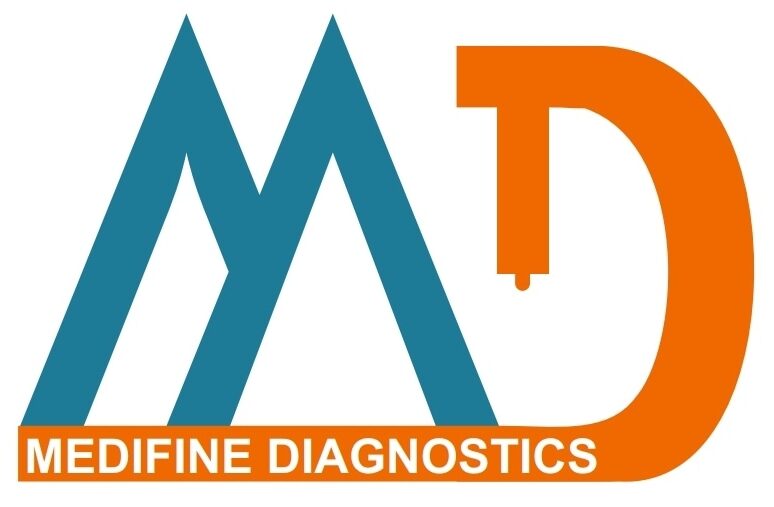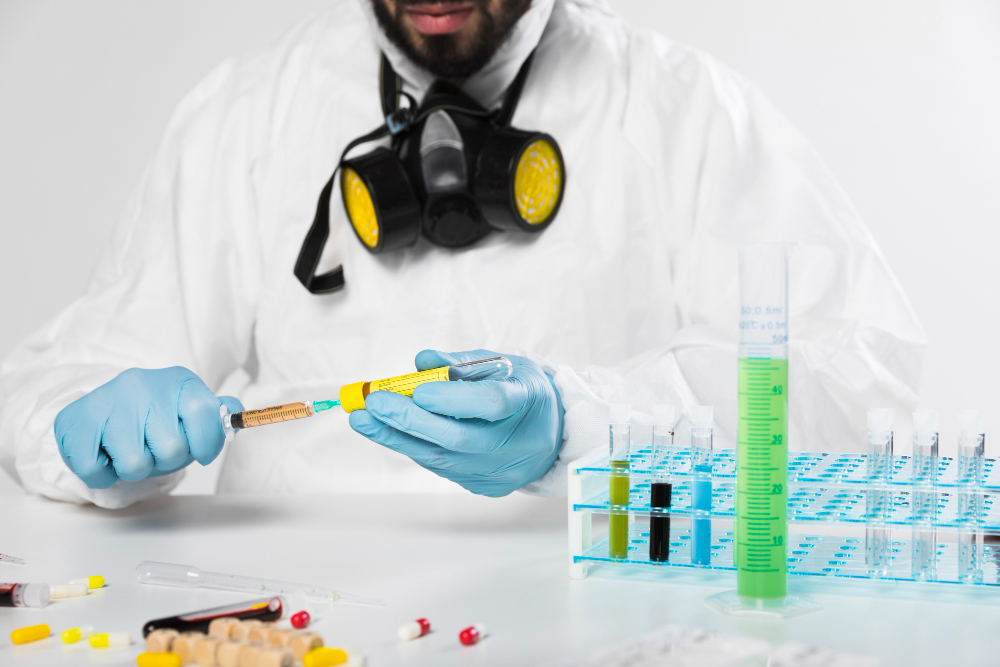Immuno histochemistry is a special lab test that helps doctors find diseases in tissue samples. In pathology, this method is very important. It uses antibodies to spot certain proteins in cells. Because of this, immuno histochemistry plays a key role in diagnosing many illnesses, including cancer. In this blog, you will learn what immuno histochemistry is, how it works, and why it matters.
What is Immuno Histochemistry?
Immuno histochemistry, often called IHC, is a test used in pathology labs. It helps doctors look for specific proteins in tissue samples. These proteins can show if a disease is present. For example, IHC can help find cancer cells in a biopsy. This test uses special antibodies that stick to certain proteins. When the antibody finds its match, it creates a color change. As a result, doctors can see the protein under a microscope.
How Does Immuno Histochemistry Work?
First, a small piece of tissue is taken from the body. This is often done during a biopsy. Next, the tissue is placed on a glass slide. Then, special antibodies are added to the slide. These antibodies are designed to find and attach to certain proteins. If the target protein is present, the antibody will stick to it. After that, a chemical is added to make the area change color. This color change helps doctors see where the protein is located. Because of this, the immuno histochemistry procedure is very useful for finding disease markers.
Key Uses of Immuno Histochemistry in Pathology
Immuno histochemistry is used for many reasons in pathology. Most often, it helps with cancer diagnosis. However, it can also detect infections and other diseases. Here are some common uses:
According to the World Health Organization (WHO), IHC is a key tool in modern cancer care. It helps pathologists give accurate and fast results.
Benefits and Limitations
Immuno histochemistry offers many benefits. For example, it gives clear results and helps doctors make quick decisions. Also, it can find diseases that are hard to see with other tests. However, there are some limits. Sometimes, the test may not work if the tissue is damaged. In addition, IHC cannot always tell the exact stage of a disease. Because of this, doctors often use it with other tests.
Common Questions About Immuno Histochemistry
Many people have questions about the immuno histochemistry test. Here are some answers to help you understand:
When to Consult a Pathologist
If your doctor suggests an immunohistochemistry test, you may want to speak with a pathologist. Pathologists are experts in studying tissue samples and can explain the test and what the results mean. If you have questions about your diagnosis or treatment, ask your doctor or pathologist for more information. Early and clear answers can help you feel more at ease.
In summary, immunohistochemistry is a powerful tool in modern medicine, helping doctors diagnose and treat diseases more accurately. To learn more about this test and its role in diagnosis, consult a pathology specialist at Medifine Diagnostic Center.

